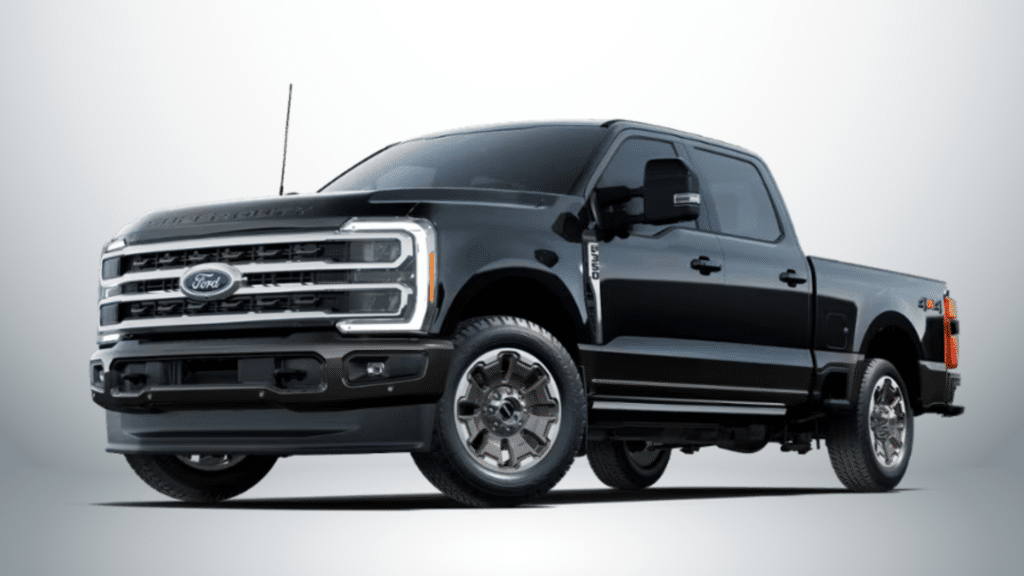Buying a car is a big step. For many people, it can also feel stressful. There are many choices, and it is easy to miss small details.
Asking the right questions can make the process much easier. A clear list of questions can guide a buyer through price, safety, and condition checks.
It also helps avoid costly mistakes. This blog shares a simple set of questions anyone can use when looking at a used car.
The goal is to make the process less confusing and more secure. With the right questions, buyers can feel more confident during the search.
A little preparation goes a long way in making sure the car is a good fit. This guide is here to help.
Key Questions to Ask About a Used Car

Before making a deal, it helps to have clear questions to ask when buying a used car. These questions cover history, safety, and cost. By knowing the right questions to ask about a used car, buyers can avoid problems and feel more confident:
1. Has the Car Been in an Accident?
Accidents can leave hidden damage that does not show up right away. Even small crashes may weaken parts of the car. If a car were in a big accident, it could have frame issues that make it unsafe. Repairs may cover the outside but not fix the inside fully. Always ask and check if there are accident reports.
2. How Many Owners Has the Car Had?
A car that has passed through many owners quickly can be a warning sign. It may mean the car has problems that others wanted to avoid. A car with one or two long-term owners is usually better. It often means the car was cared for and used in a normal way.
3. Can I See the Service Records?
Service records show if the car was cared for over the years. They include oil changes, brake work, tire checks, and more. A car with full records is easier to trust. A seller with no records may be hiding poor care or skipped maintenance.
4. Why Are You Selling the Car?
The answer to this question helps reveal the seller’s real reason. Some sell because they want a newer car. Others sell because repairs are piling up. The way a seller answers can tell a lot about the car’s true condition.
5. What is the Car’s Mileage?
Mileage is one of the first things buyers look at. It shows how much the car has been used. A high-mileage car may need repairs soon. A low-mileage car may last longer, but mileage alone does not tell the whole story. Condition and care matter just as much.
6. Has the Timing Belt Been Replaced?
A timing belt is a key engine part. If it breaks, the whole engine can be ruined. Most belts need to be replaced every 60,000 to 100,000 miles. If the seller cannot answer this question, the buyer should plan for this cost soon.
7. Can I Take It for a Test Drive?
A test drive is the best way to feel how the car runs. During the drive, check for strange noises, pulling, or shaking. Try different speeds, turns, and stops. A car should feel smooth and steady on the road.
8. Can My Mechanic Check the Car?
It is smart to have a trusted mechanic look at the car before buying. A mechanic can find problems the buyer may not see. The cost of an inspection is small compared to the risk of big repairs later. If the seller says no, that is a bad sign.
9. Does the Car Have a Clean Title?
A clean title means the car is legal and has not been marked as totaled. If the title says “salvage” or “rebuilt,” it means the car was badly damaged in the past. Buyers should be very careful with such cars, as they may not be safe.
10. Are There Any Recalls on This Model?
Some cars have recalls for safety or mechanical issues. Ask if this car had any recalls and if the work was done. A recall not fixed could put the driver and passengers at risk.
11. What is the Condition of the Tires?
Tires can be expensive. Ask how old they are and check the tread depth. Uneven wear may point to problems with alignment or suspension. Good tires mean the car is ready for safe driving.
12. How Are the Brakes?
Brakes are one of the most important parts of a car. If they are worn out, the car will not be safe to drive. Ask when the brakes were last replaced and if they make any noise during use.
13. Has the Car Ever Had Water Damage?
Water can destroy a car’s interior and parts. It can cause rust, mold, and electrical problems. Cars from flood zones are risky. Always ask and check carefully for any signs of water damage.
14. What Fuel Does It Use?
Some cars run on regular gas, but others need premium fuel. Premium costs more each time you fill up. Knowing the type of fuel helps plan the true cost of owning the car.
15. Does It Have a Spare Tire and Tools?
Having a spare tire, jack, and tools can be very useful in emergencies. If these items are missing, the buyer should plan to buy them right away.
16. What is the Average Gas Mileage?
Gas mileage affects daily costs. A car with poor mileage may cost more over time. Ask how many miles per gallon the car gets on both city and highway roads.
17. Are There Any Warning Lights On?
Warning lights on the dashboard should never be ignored. They can point to engine, brake, or safety problems. Ask the seller what the lights mean and if repairs have been made.
18. Has the Battery Been Replaced Recently?
Batteries usually last 3 to 5 years. If the battery is older, the car may not start well in cold weather. Ask about the battery age so you know if a new one will be needed soon.
19. Do All the Electronics Work?
Check windows, locks, lights, radio, air conditioning, and heating. These parts may seem small, but can be costly to fix. Everything should work properly before buying.
20. Has the Car Been Smoked In?
Smoking leaves smells and stains that are hard to remove. A smoked-in car may not feel fresh, and resale value can be lower.
21. Does the Car Have a Warranty Left?
Some used cars still have warranty coverage. Others may have extended plans. Ask if any warranty is still valid, as it can save money on repairs.
22. How Does the Car Handle on the Road?
During the test drive, notice how the car feels during turns, stops, and bumps. If it pulls to one side or feels unstable, there may be alignment or suspension issues.
23. Has the Oil Been Changed Regularly?
Oil changes are key to engine health. Ask about the oil change schedule. If oil changes were skipped, the engine may have hidden damage.
24. Are There Any Leaks Under the Car?
Look under the car for oil, coolant, or transmission leaks. Leaks often mean costly repairs. A car in good condition should not have any puddles underneath.
25. How Old is the Transmission?
The transmission is one of the most expensive parts to fix. Ask if it has ever been repaired or replaced. Check if the car shifts smoothly without jerks or delays.
26. Has the Car Ever Failed an Emissions Test?
In some areas, cars must pass emissions tests. A car that failed before may have ongoing engine problems. Ask if it passed recent tests without issues.
27. Does the Air Conditioning Work Well?
Air conditioning is important for comfort, especially in hot weather. Repairs can be expensive, so make sure it works properly before buying.
28. Are the Seats and Interior in Good Shape?
Seats, carpets, and dashboard condition matter for comfort and value. Rips, stains, or smells may lower the car’s worth.
29. Has the Car Been in Harsh Weather Areas?
Cars from snowy regions may have rust from road salt. Cars from very hot areas may have worn interiors. Ask where the car spent most of its life.
30. What Extra Features or Options Are Included?
Some cars come with extras like navigation, backup cameras, or heated seats. Ask about these features and test them to make sure they work.
31. Can We Agree on a Fair Price?
Price is always a key question. After asking everything else, the buyer should decide if the price is fair for the car’s condition. Do not be afraid to negotiate.
Common Mistakes to Avoid When Buying a Car
Many buyers focus only on price and forget other details. This can lead to costly problems later. Below are some common mistakes to avoid:
- Skipping the Test Drive: A test drive shows how the car feels on the road. Skipping it means missing signs of noise, shaking, or poor handling.
- Not Asking Enough Questions: Some buyers feel shy about asking questions. But clear questions to ask when buying a used car can uncover problems the seller may not mention.
- Ignoring Service Records: Service records tell the story of how the car was cared for. Without them, it is hard to know if the car was maintained well.
- Forgetting a Professional Inspection: A mechanic’s check can reveal hidden issues. Many buyers skip this step to save money, but it can prevent bigger costs later.
- Rushing Into a Deal: Sellers may pressure buyers to decide fast. Taking time to compare and think prevents regret later.
Conclusion
Buying a used car is a big choice, but it does not have to feel stressful. The right questions make the process clear and give buyers peace of mind.
Each question helps reveal more about the car’s past, condition, and real value.
Taking the time to ask and listen can save money and prevent future problems. A careful buyer walks away feeling confident and safe.
This list of questions is a simple guide to make any car search easier. Keep it handy, take notes, and never rush into a deal. The more prepared you are, the better the outcome will be.
Ready to start your search? Use these questions today and find a used car that truly fits your needs.





